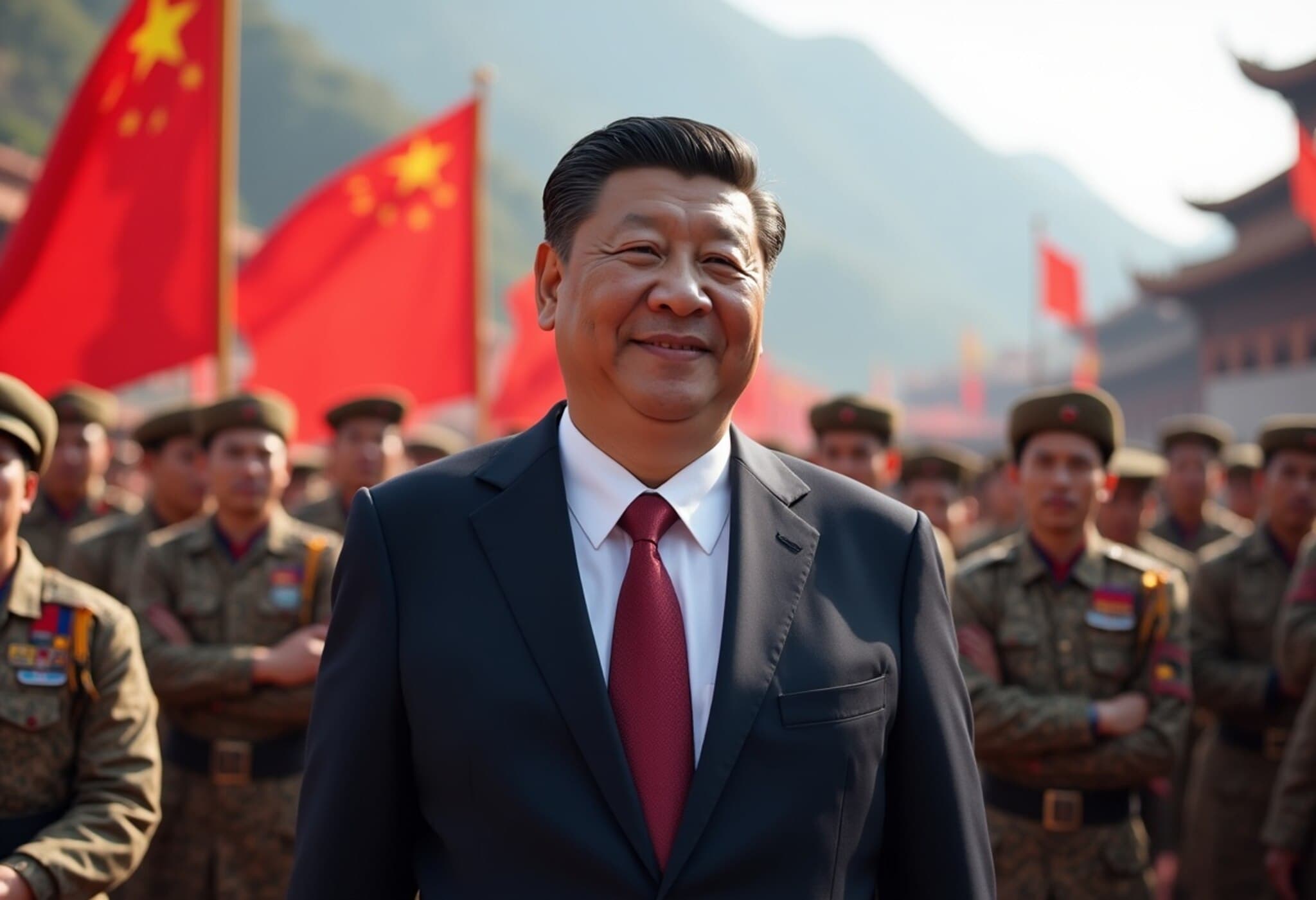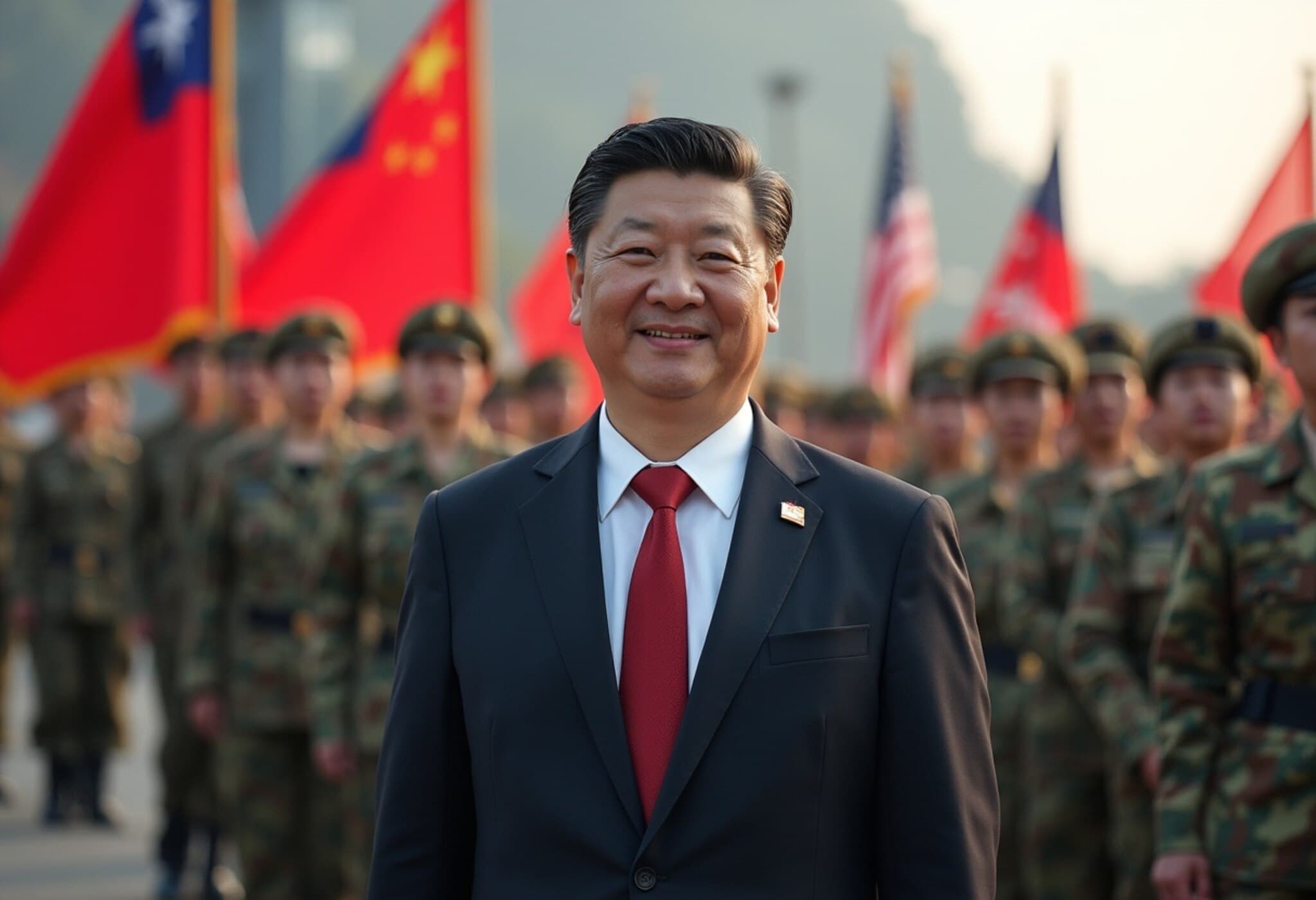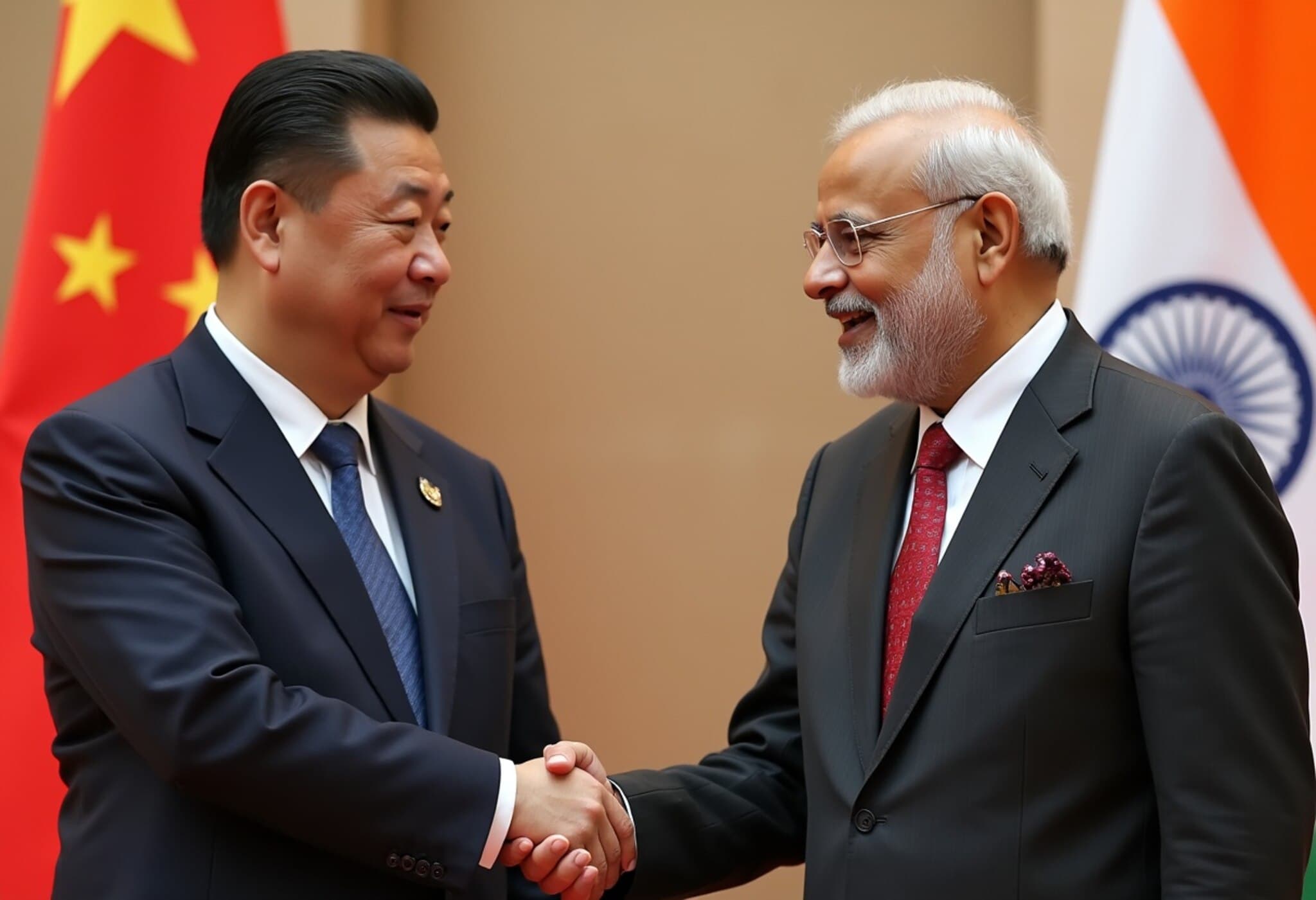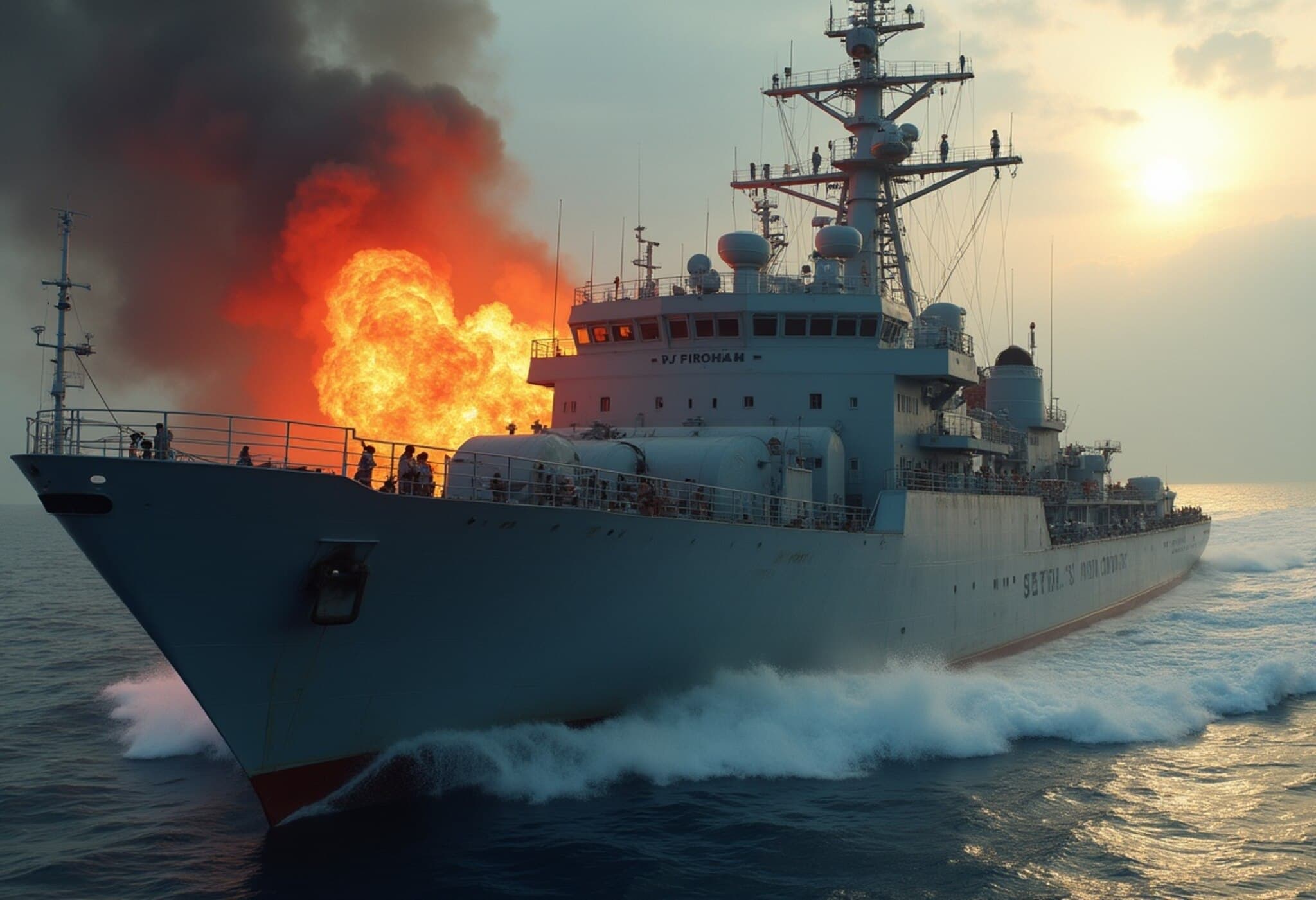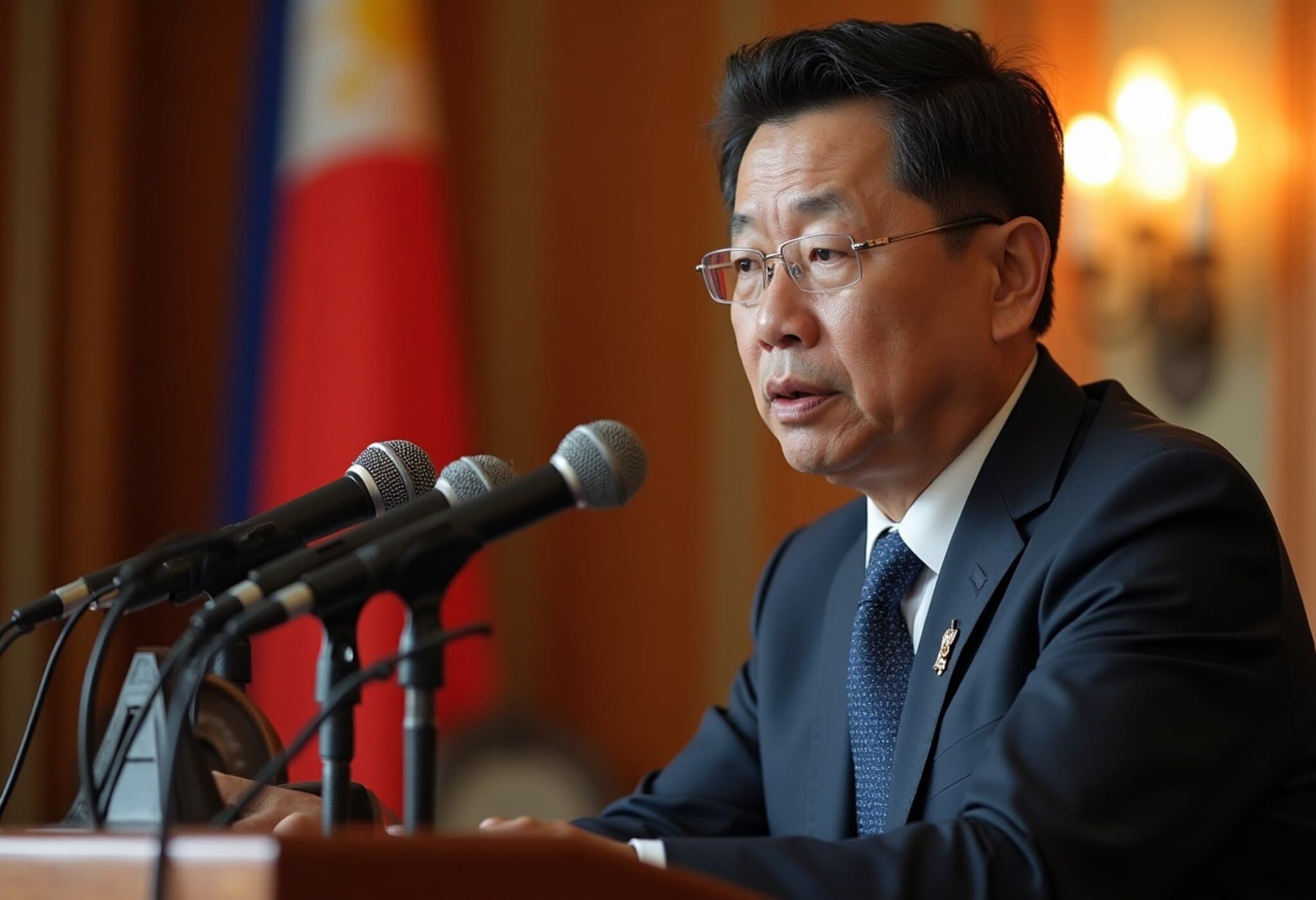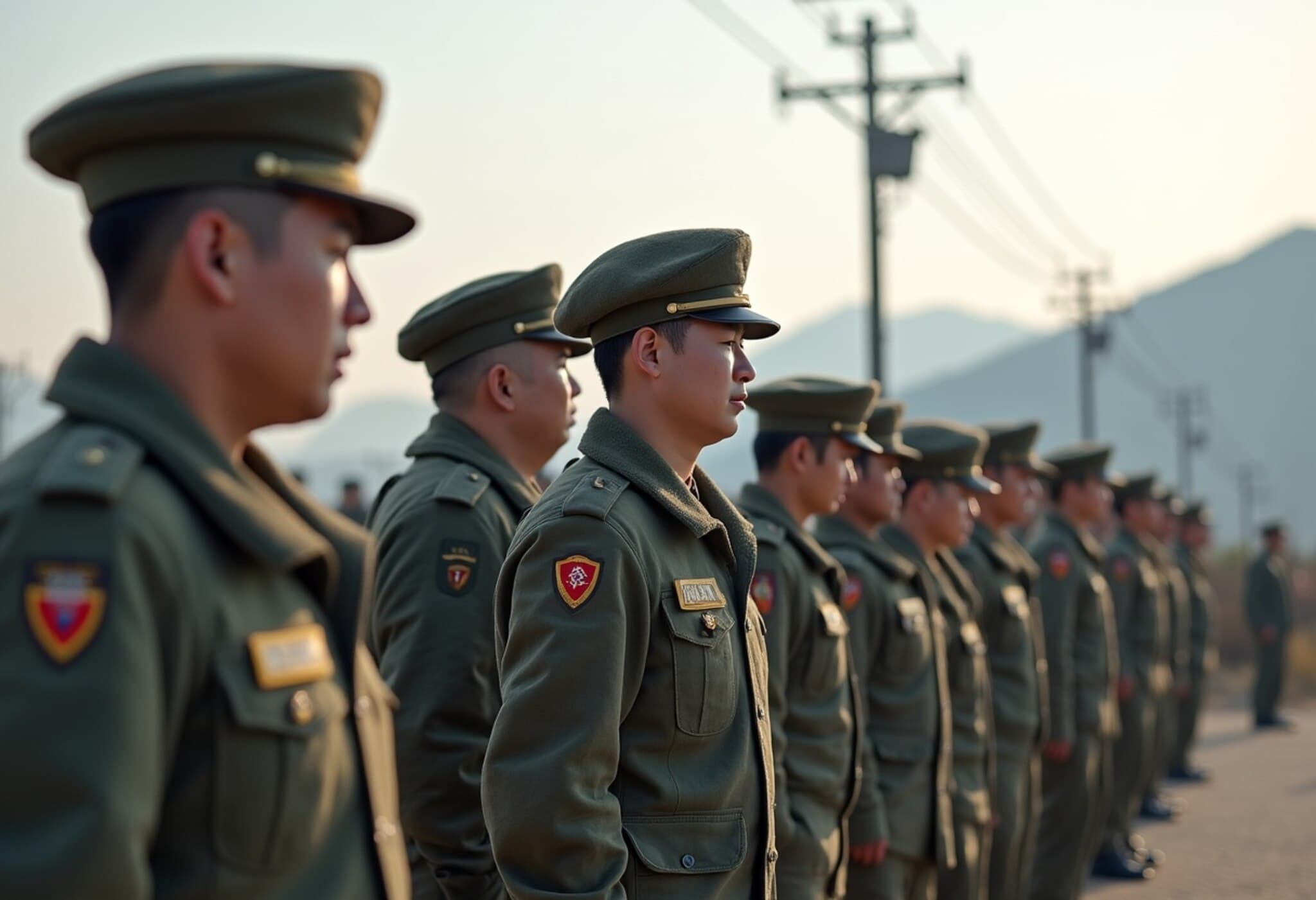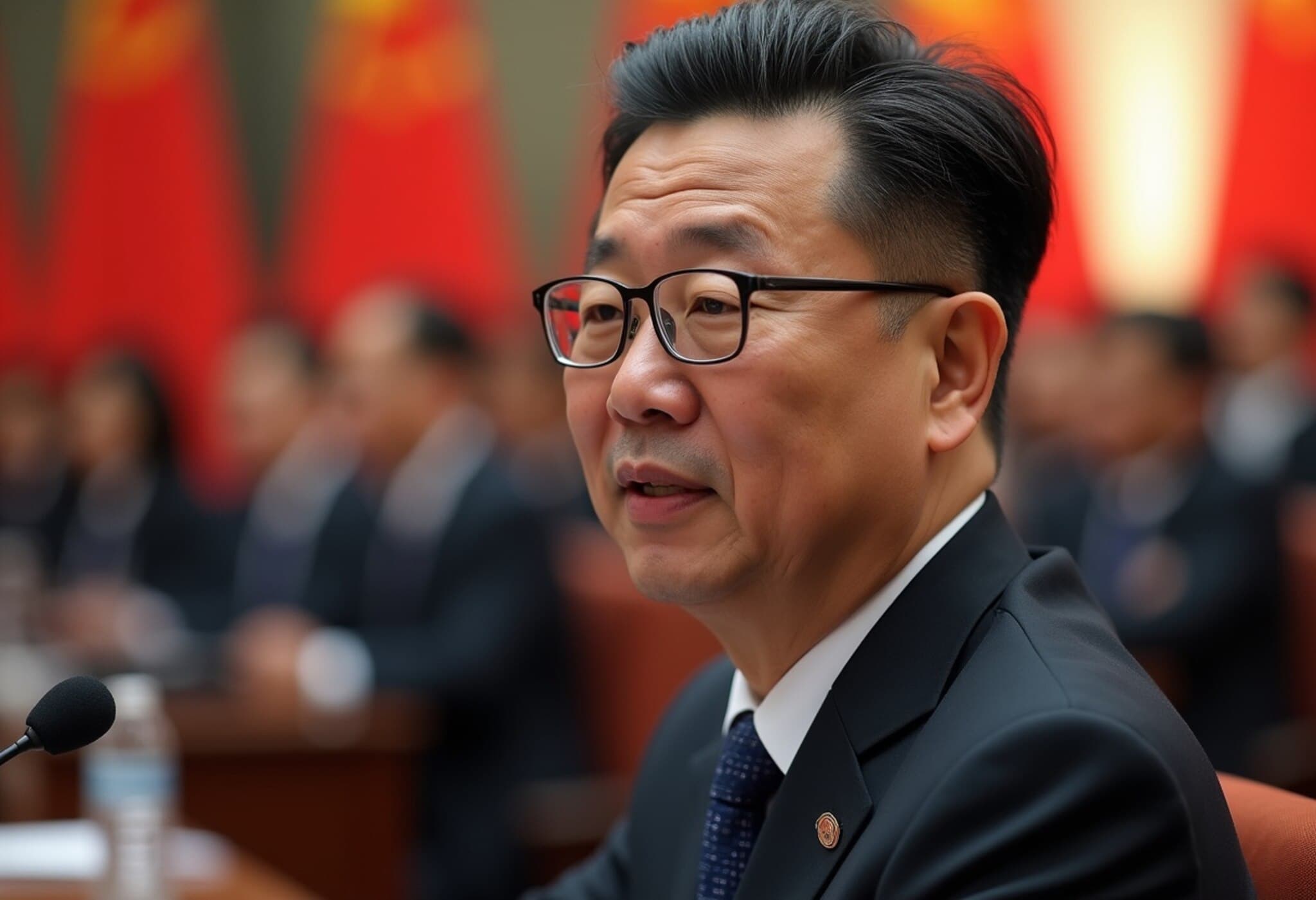Taiwan and China Clash Over World War II History as Beijing Prepares Military Parade
As Beijing gears up for a grand military parade to commemorate the 80th anniversary of World War II’s end, a simmering dispute between Taiwan and China over the true legacy and leadership in the victory against Japan has intensified. The disagreement exposes deep-seated political rifts and competing historical narratives that echo the broader cross-strait tensions.
The Historical Battlefields of Memory
To many, World War II is a chapter etched in sacrifice and resilience. Veteran Pan Cheng-fa, now 99 and residing in Taipei, recounts his memories fighting Japanese invasion as a soldier for the Republic of China. Yet, the complex wartime alliance between Chiang Kai-shek’s nationalist forces and Mao Zedong’s communists remains a contentious subject.
“We supported the communists with weapons and training, but the real fighting was led by the Republic of China,” Pan reflects, illustrating the blurred lines between alliance and rivalry that would soon jump from battlefield to civil war.
Conflicting Narratives — Who Truly Led the Resistance?
The Chinese Communist Party (CCP) highlights its role as the stalwart force defeating Japan, a narrative integral to its legitimacy and national pride. Beijing’s parade, featuring aerial flyovers and military displays, underscores this claim while celebrating the end of Japanese occupation.
However, Taiwan’s government strongly contests this view. The Mainland Affairs Council, led by top policy-maker Chiu Chui-cheng, emphasizes that during the war, the CCP was primarily focused on consolidating its own strength rather than actively fighting the Japanese invaders. According to their analysis, communist efforts were divided: 70% focused on internal development, 20% on confronting the nationalist government, and only 10% on resisting Japan. Such assertions expose the untold layers of wartime struggle beyond official Chinese accounts.
Political Context and Regional Implications
- Taiwan's official commemorations are subdued, intentionally distancing themselves from CCP narratives and instead honoring the Republic of China’s leadership in the anti-Japanese war effort.
- China views Taiwan as an inseparable territory and asserts itself as the legal successor to the Republic of China, citing the postwar treaties that returned Taiwan from Japanese colonial rule. Yet, Taiwan argues that no agreement ever conceded its sovereignty to the CCP-run People’s Republic of China, especially since that government only emerged in 1949.
- Cross-strait tensions color every interaction, with Taiwan cautioning its citizens against participating in Beijing's parade, concerned that doing so could inadvertently legitimize China’s territorial claims.
Voices from the Past and Present
Veterans like Pan Cheng-fa offer a poignant, personal lens on these geopolitical disputes. Having fled to Taiwan after bitter civil war defeat, and witnessing harsh treatment of relatives left behind, Pan expresses no goodwill toward the CCP or its historical narrative.
Meanwhile, Taiwanese President Lai Ching-te used the occasion of Japan’s surrender anniversary to assert Taiwan’s resilience in the face of modern-day military threats from Beijing. His message underscores how history is not merely retrospective but deeply intertwined with ongoing sovereignty and security concerns.
Expert Insight: The Power of Historical Narratives in Cross-Strait Relations
Historical memory is a powerful political tool, especially in regions fraught with competing national identities and contested sovereignty. The diverging WWII narratives between Taiwan and China are more than just academic disagreements; they are a proxy battleground for legitimacy and international recognition.
Experts note that Beijing’s insistence on highlighting CCP leadership in WWII aligns with efforts to reinforce its narrative of reunification and national rejuvenation. Conversely, Taiwan’s insistence on emphasizing the Republican government's central role is a form of asserting separate identity and autonomy.
This tug-of-war over history also raises critical questions: How do nations reconcile their collective memories with complex, sometimes uncomfortable truths? And how does the politicization of history affect peace and stability in volatile regions?
Looking Ahead: What Does This Mean for Regional Stability?
The dispute over historical legacy precedes but also mirrors current political and military tensions across the Taiwan Strait. Beijing’s parade and Taiwan’s muted response symbolize a fragile status quo threatened by competing visions of national destiny.
As anniversaries like the end of WWII are commemorated, it remains vital for international observers to discern between propaganda and history, understanding these narratives' implications for diplomacy, security, and the people who lived through these eras.
Editor’s Note
The ongoing contention between Taiwan and China over the legacy of World War II underscores a broader struggle over identity, sovereignty, and legitimacy. While Beijing uses grand displays to project unity and strength, Taiwan quietly reaffirms its distinct narrative, reflecting decades of divergence since 1949. Readers should consider how history’s interpretation shapes not only national pride but also contemporary geopolitical confrontations that influence the Asia-Pacific region’s future.



